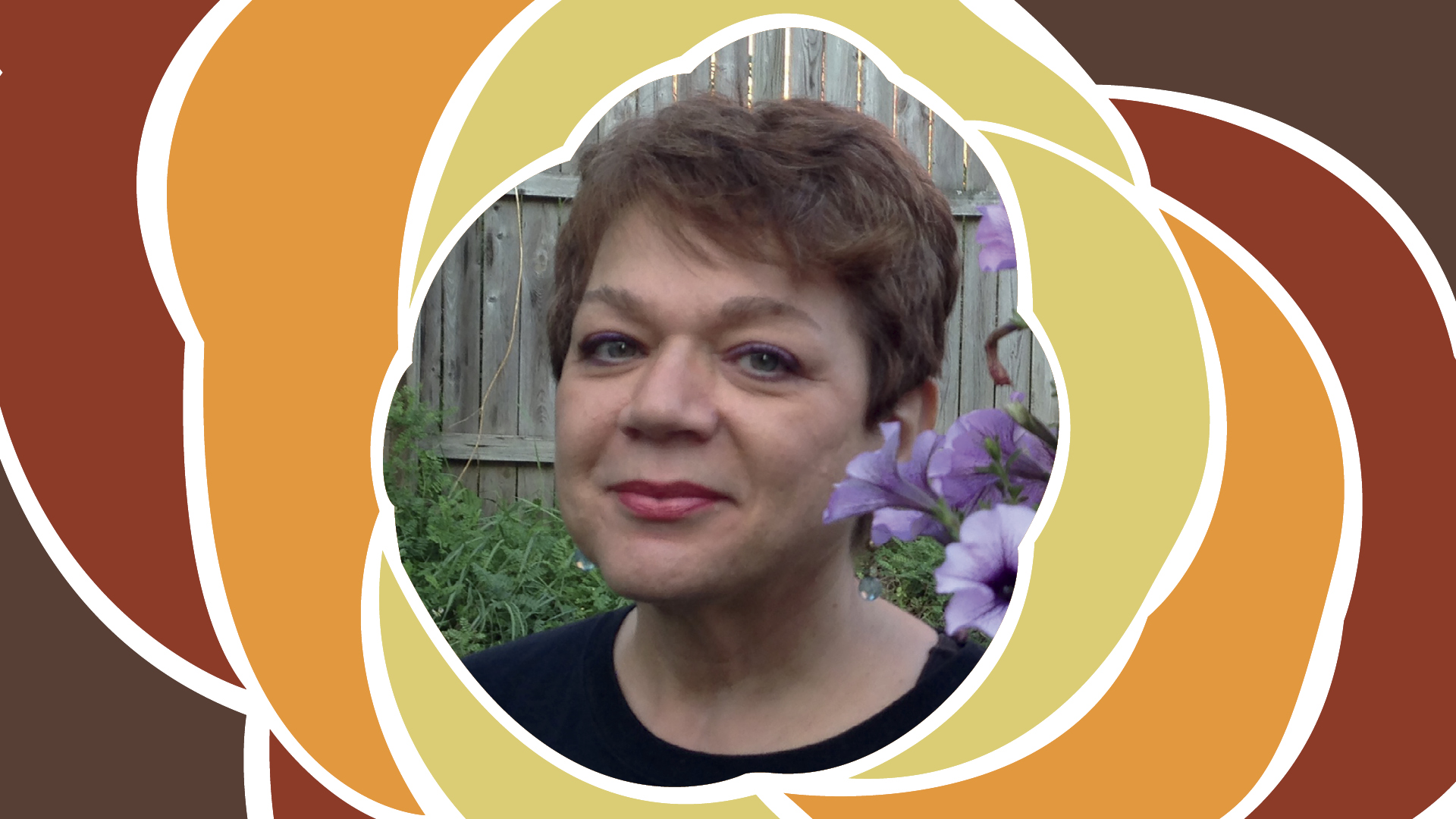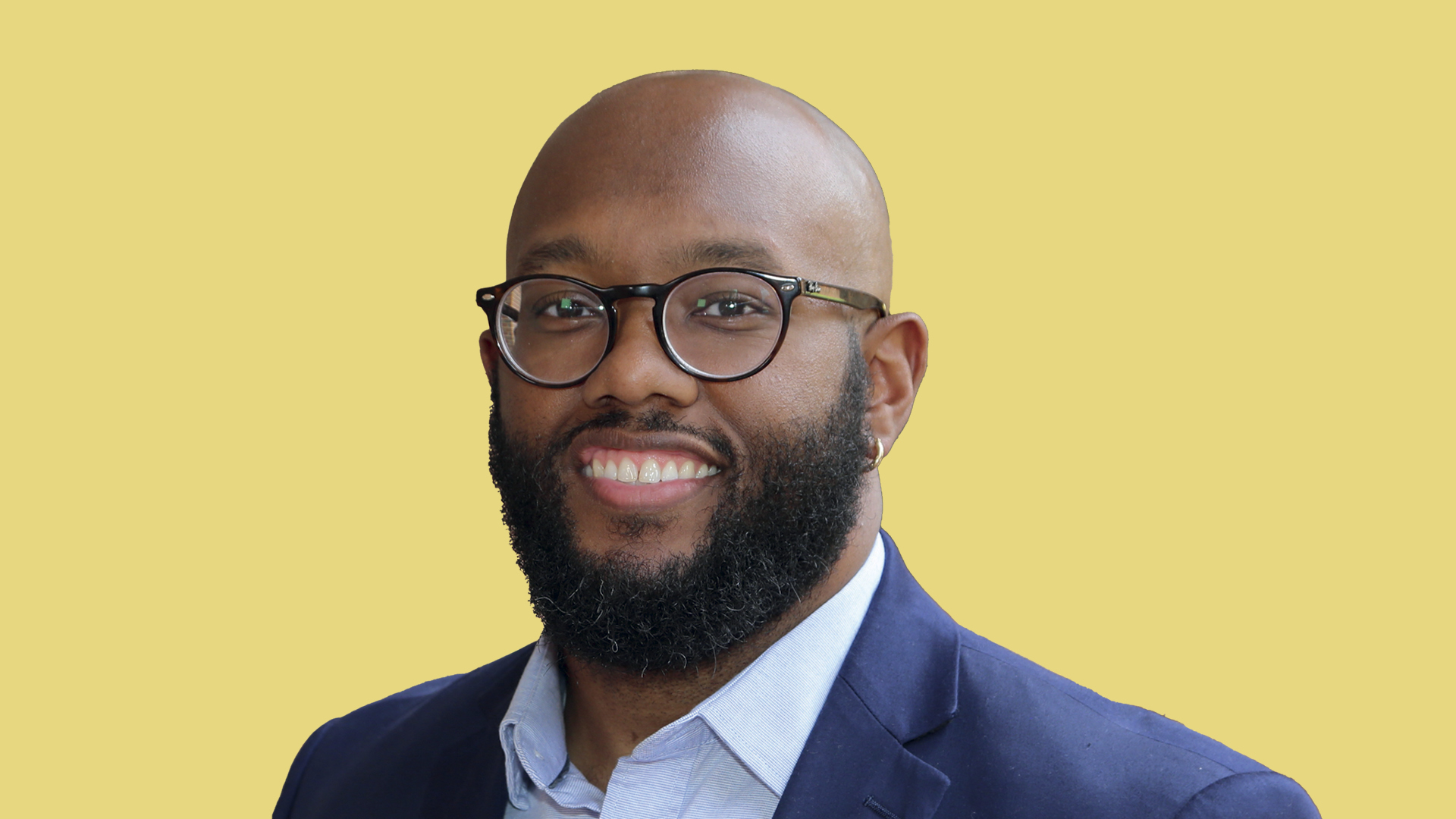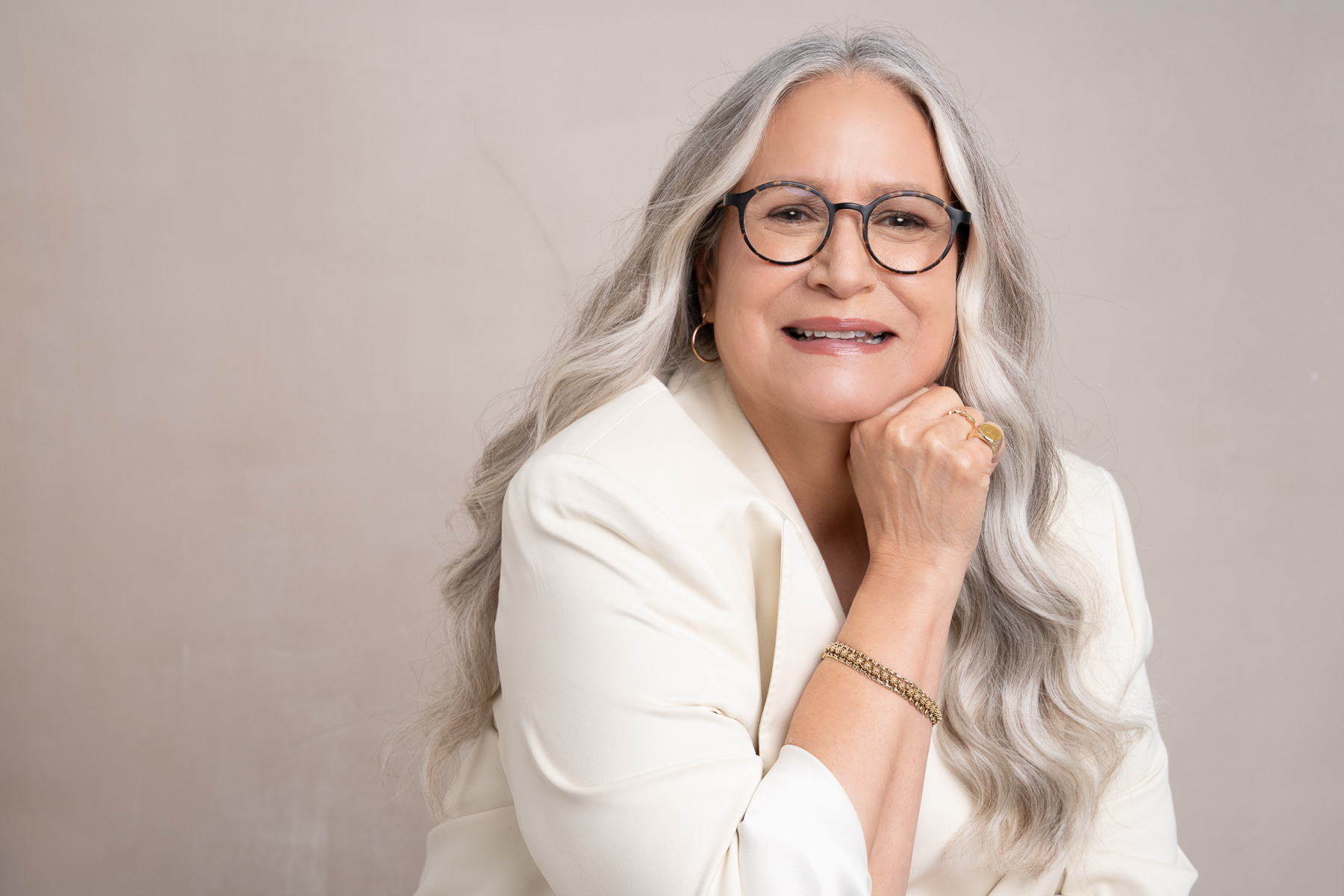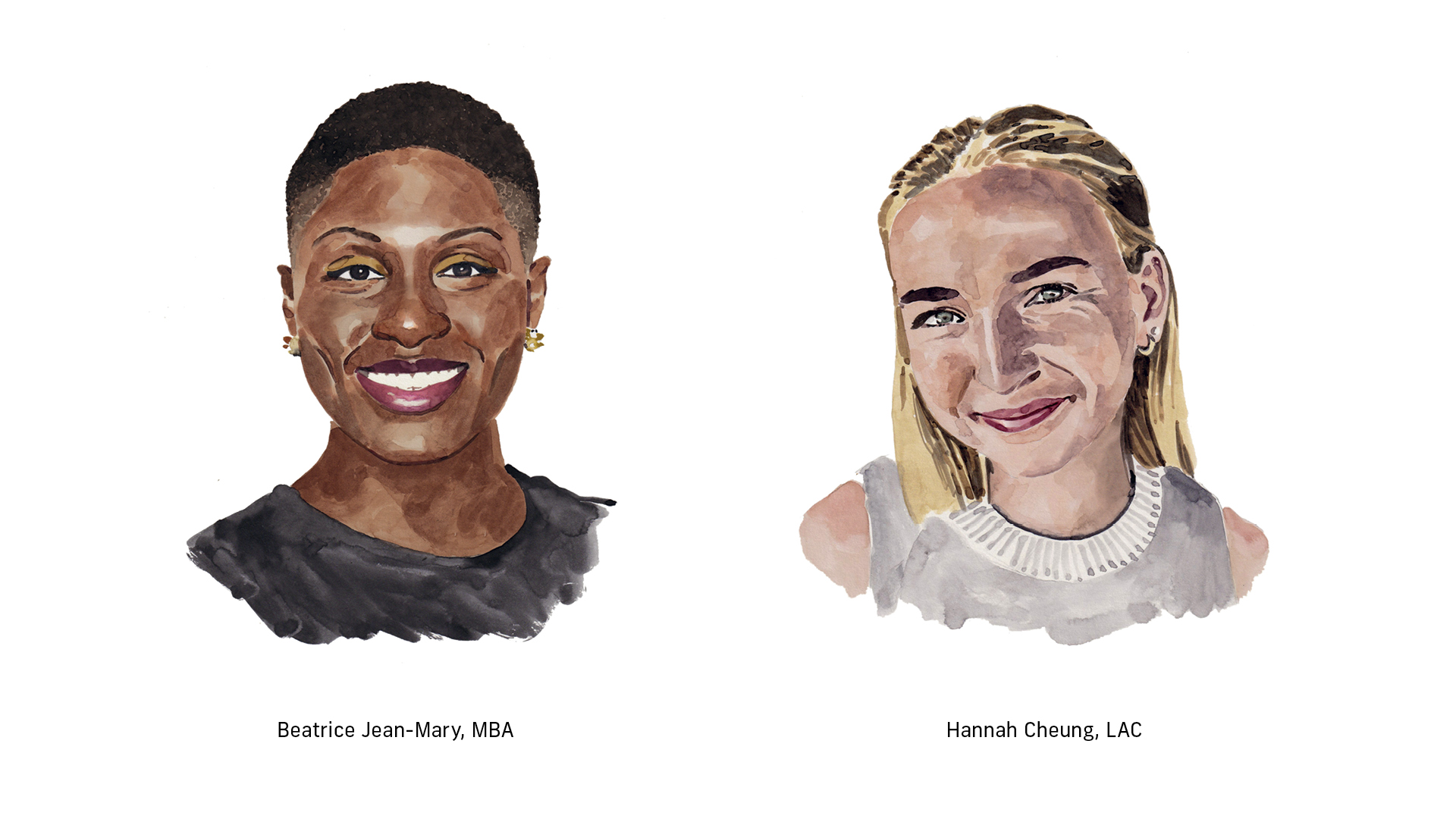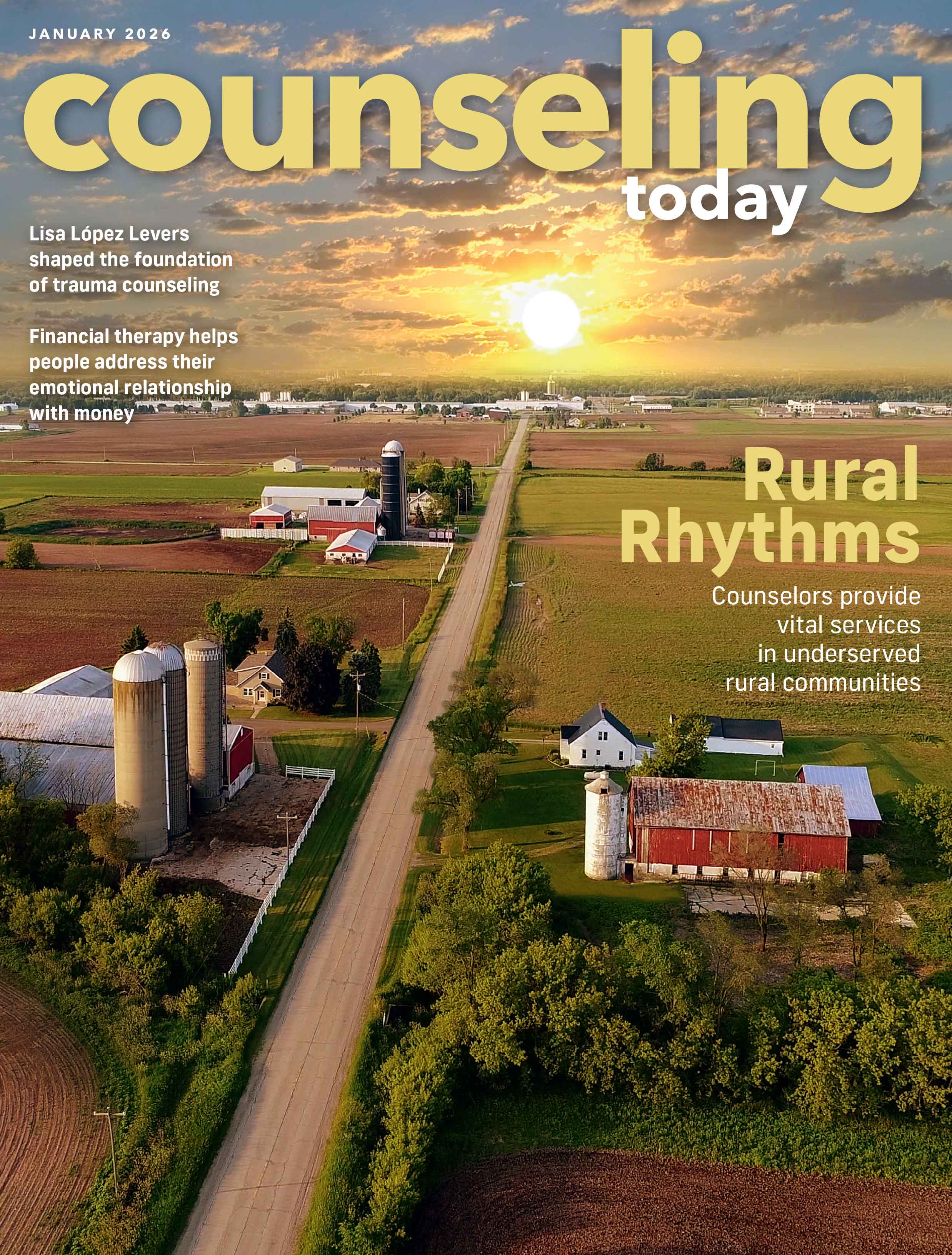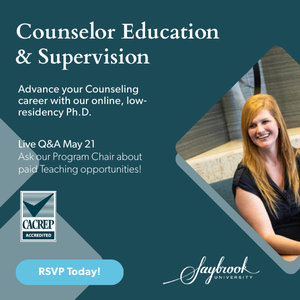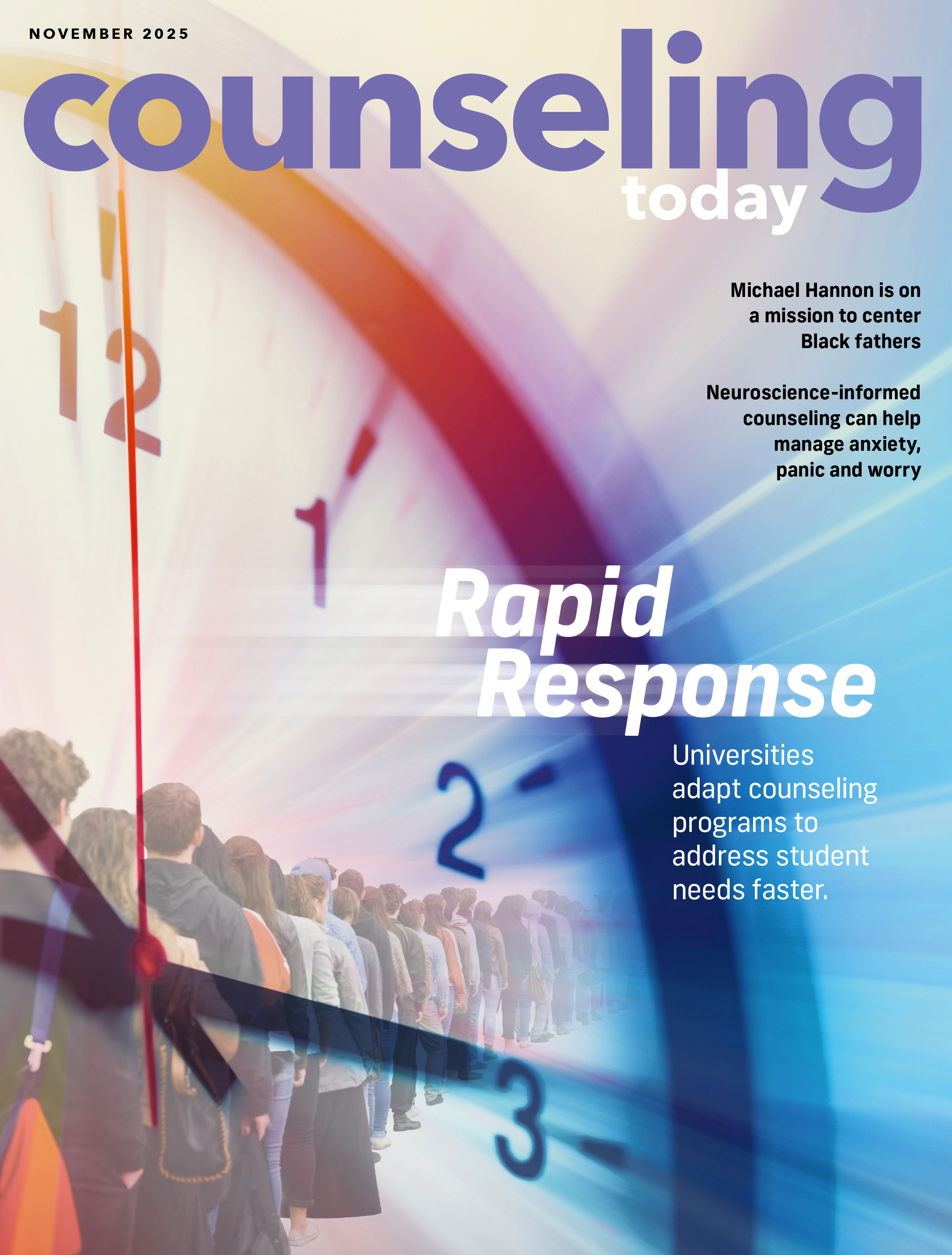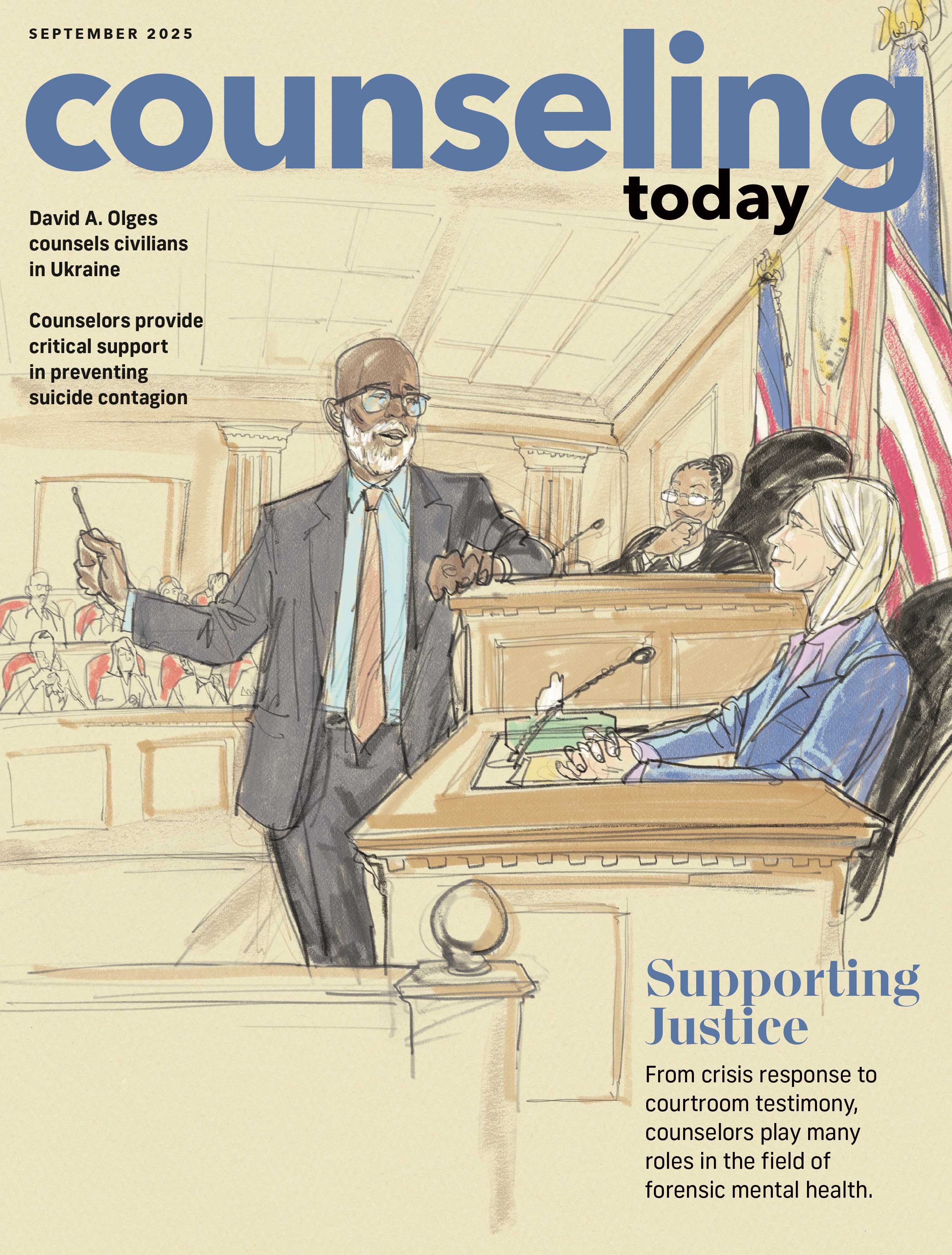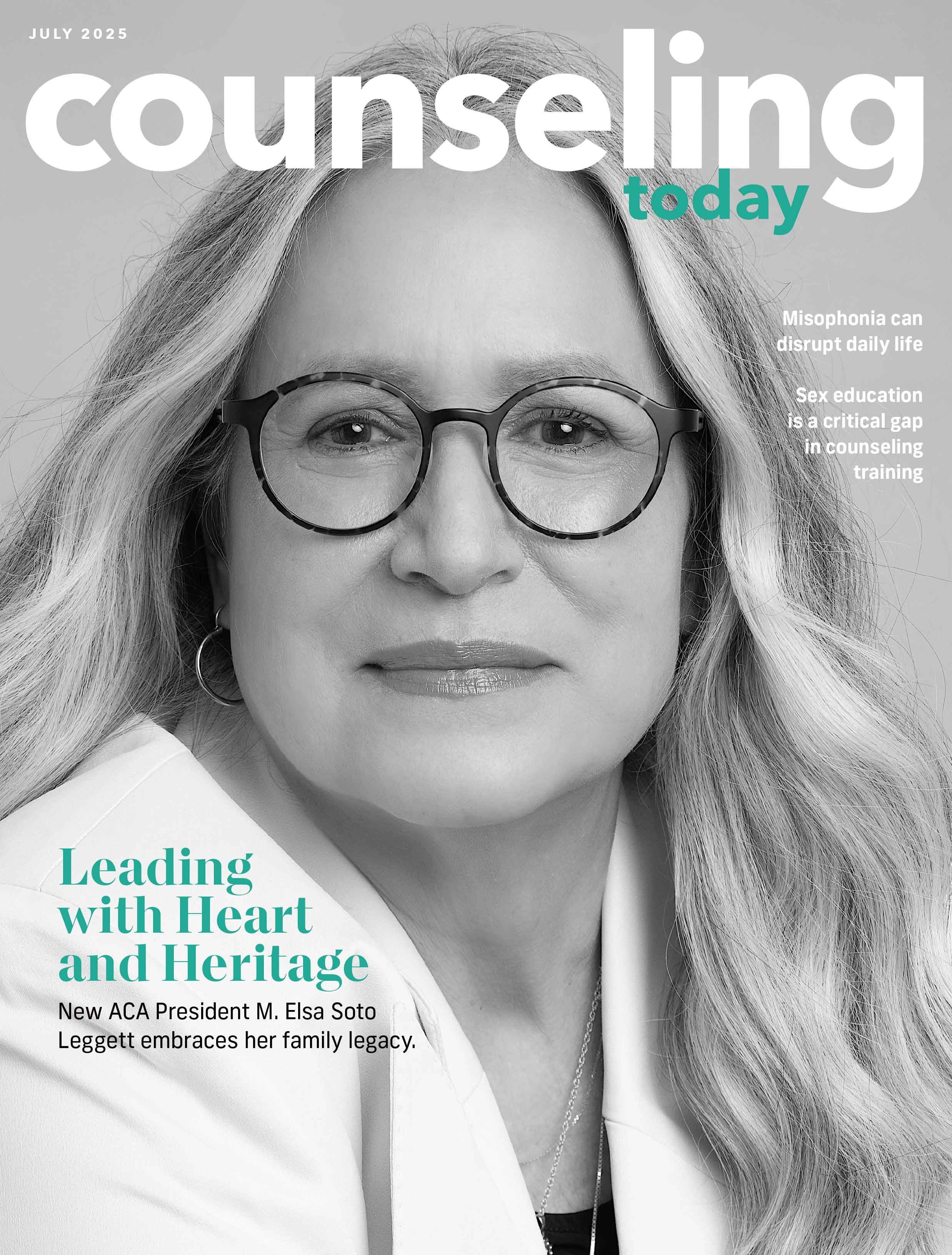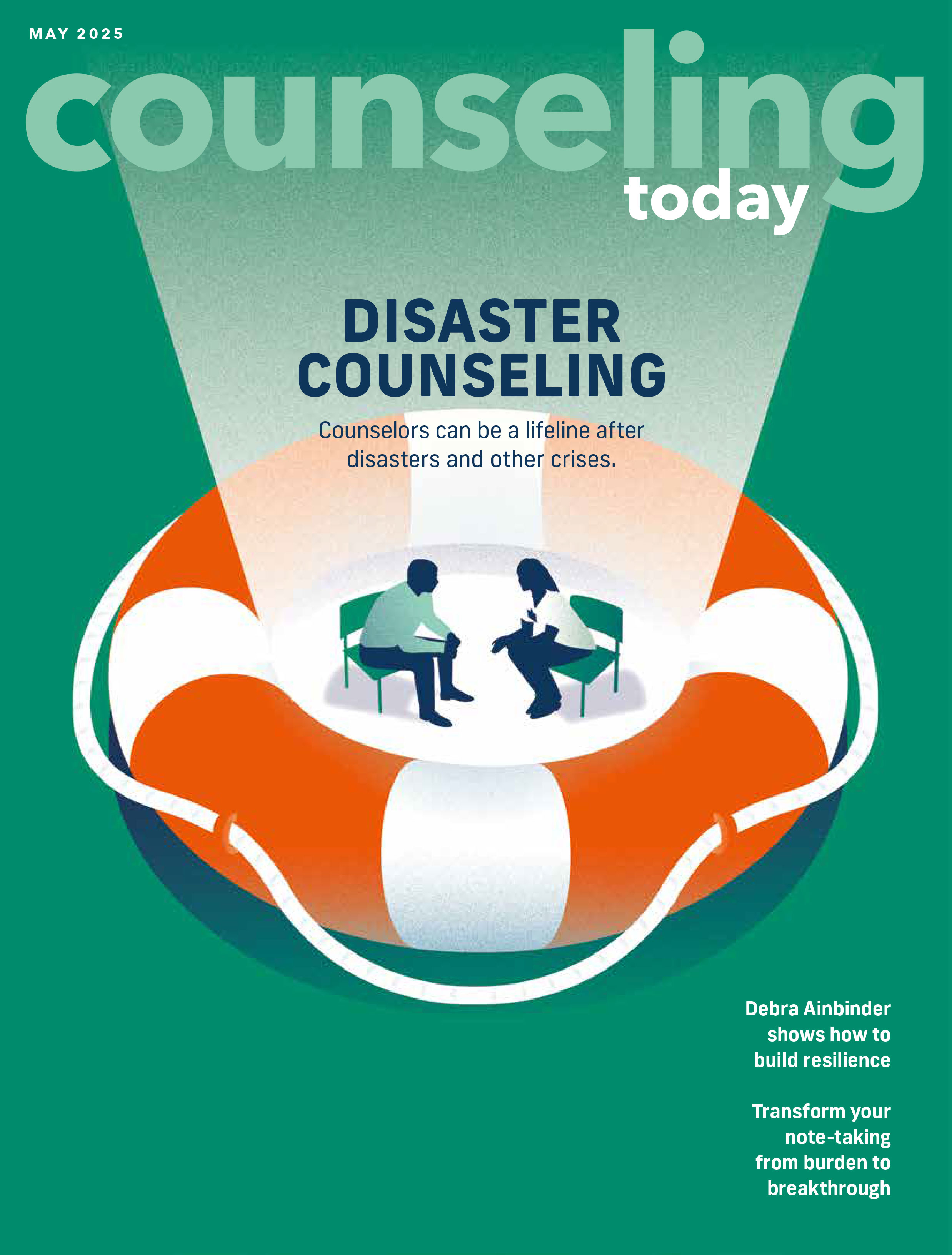
Rural Rhythms
Counselors provide vital services in underserved rural communities.
Counseling Today Member Blog
By Laura Smestad, PhD, LMHC
.jpg?sfvrsn=273d45d0_1) Life as a doctoral student can be stressful and overwhelming at times. Between writing papers, working on internship hours, completing course readings and maintaining a work-school-life balance, it can be easy to forget about building a curriculum vitae (CV) that will make you marketable in the field of counselor education and supervision.
Life as a doctoral student can be stressful and overwhelming at times. Between writing papers, working on internship hours, completing course readings and maintaining a work-school-life balance, it can be easy to forget about building a curriculum vitae (CV) that will make you marketable in the field of counselor education and supervision.
Here are some ways to gain professional experience as a graduate student that will help you craft a stronger CV:
- Pursue teaching assistant opportunities. Being a teaching assistant is a great way to start adding teaching experience to your CV. At the graduate level, instructors will often allow doctoral student teaching assistants to co-teach the class or facilitate some class sessions independently. This also allows you to build stronger connections with faculty members. (As a bonus, they may even be willing to serve as a reference when you apply for a teaching position in the future!) Reach out to your doctoral program directors or instructors to see if they can help place you in a master’s-level class as a teaching assistant.
- Volunteer your time. Professional service is a fulfilling way to give back to the counseling profession, and it can provide opportunities for growth as well. You can apply to serve on various graduate student committees (like ACA’s) or get involved in Chi Sigma Iota, either at the national level or through your local chapter. Volunteering can sometimes lead to leadership roles within organizations, which can also benefit your CV.
- Explore fellowship opportunities at your university or professional organizations. Many counselor education and supervision programs offer fellowships to their students in areas such as research, leadership and advocacy. Being a fellow allows students the opportunity to be mentored by faculty members who have expertise in areas that align with the student’s career goals. The Counselor Education and Supervision journal also offers editorial fellowship positions for doctoral students, which is another opportunity to add research experience to your CV. Additionally, the National Board for Certified Counselors offers scholarships through the Minority Fellowship Program. Even if you are not awarded a fellowship, you can still reach out to professors at your university to see if anyone needs a research assistant to help with any of their current projects.
- Offer to guest lecture. If you have an area of expertise, connect with faculty members and offer to guest lecture in one of their courses. This is another way to add teaching experience to your CV and forge connections with professors. For example, during my first year as a counseling graduate student, I emailed the instructors teaching the psychopathology course the upcoming quarter to see if they were interested in having me lecture on obsessive-compulsive disorder, which is my focus area as a clinician. As a result, I have done a significant amount of guest lecturing because I have found instructors are eager to have someone with expertise come talk to their class. This was also a great way for me to meet professors whom I otherwise may not have encountered as a doctoral student.
- Apply for leadership opportunities. There are many leadership opportunities in the field, especially for doctoral students. Each region of the Association for Counselor Education and Supervision (e.g., Western ACES, Southern ACES) typically has an emerging leaders program that is designed for graduate students who want to pursue leadership opportunities, and these programs provide mentoring opportunities as well as guest speakers. You can join these organizations’ email lists and learn more about their leadership programs. Local counseling organizations also typically look for new committee leaders. There may even be leadership opportunities available at your own university!
Finally, remember that you don’t have to gain these professional experiences all at once. You can space out these opportunities throughout your doctoral program, especially if you start early. If you slowly take advantage of opportunities, then you will have a competitive CV by the time you graduate!
Laura Smestad, PhD, LMHC, is a graduate of the counselor education and supervision doctoral program at Antioch University Seattle. She is the owner of Informed OCD Counseling, a practice based in Seattle, Washington, that focuses on using evidence-based treatments for obsessive-compulsive disorder (OCD) and related disorders, and she is an adjunct faculty member at Antioch University Seattle and a contributing faculty member at Walden University. Smestad is also a member of the ACA Graduate Student Committee, an ACES graduate student research grant recipient and a former WACES emerging leader.
Note: Opinions expressed and statements made in this blog do not necessarily represent the policies or opinions of ACA and its editors.
Online Exclusives
-
 Reducing Risk Where Counseling HappensFebruary 2026 |By Cindy Kuzma
Reducing Risk Where Counseling HappensFebruary 2026 |By Cindy KuzmaHow counselors can protect themselves in both physical and digital spaces.
-
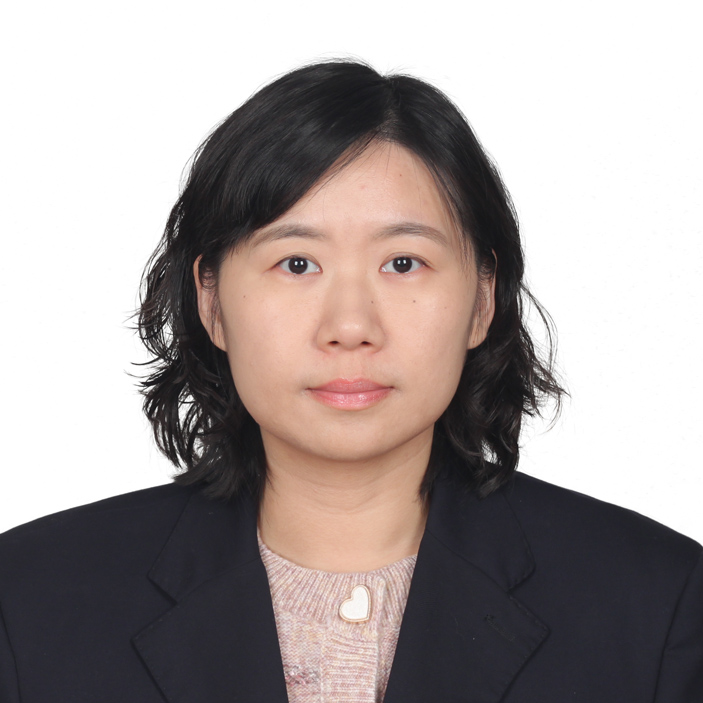 Grand Prize Essay Explores Responsibility in Artificial IntelligenceDecember 2025
Grand Prize Essay Explores Responsibility in Artificial IntelligenceDecember 2025The Tomorrow’s Counselors Essay Competition recognizes graduate counseling students with exceptional insight and understanding about the counseling profession.
-
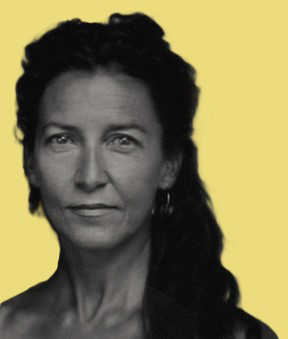 Grand Prize Essay Discusses Mental Health Challenges Among StudentsDecember 2025
Grand Prize Essay Discusses Mental Health Challenges Among StudentsDecember 2025The ACA Future School Counselors Essay Competition, part of the annual ACA Awards, recognizes graduate counseling students with exceptional insight and understanding about the school counseling profession.
Tags:
Search CT Articles
Current Issue
Sign Up for Updates
Keep up to date on the latest in counseling practice. Sign up to receive email updates from Counseling Today.
CT on YouTube
Download Recent Issues
ACA members receive access to past full issues of Counseling Today. Log in to download copies from the archive.

